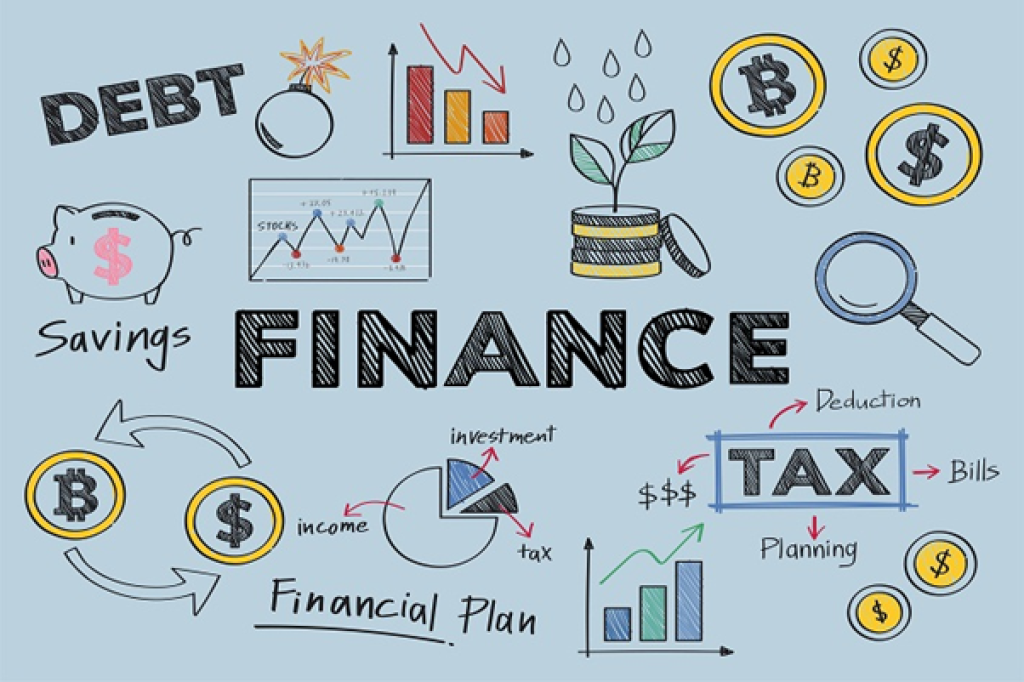Introduction :
It’s not only wise to make a solid plan for your financial future; it’s strategically necessary. We explore the essential components of a successful financial plan in this extensive guide to make sure you are prepared to handle the challenges and ensure a prosperous future.
Understanding the Foundations :
- Setting Financial Objectives
- Any good plan must have specific, quantifiable financial goals as its cornerstone. Having clear goals for your goals—be they retirement, education funding, or homeownership—allows you to make wise decisions.
- Evaluating Present-Day Financial Situation
- Conducting a comprehensive assessment of your current financial situation is crucial prior to making any decisions. Analyzing revenue, costs, assets, and liabilities is part of this process to pinpoint areas in need of enhancement and optimization.

Strategic Budgeting :
- Establishing a Reasonable Budget
- Creating a budget that supports your objectives requires careful planning. Use resources wisely, taking into account both immediate needs and long-term goals.
- Essentials of an Emergency Fund
- A strong financial plan acknowledges that unanticipated events are inevitable. Creating an emergency fund protects against unforeseen costs and acts as a financial safety net during hard times.
Investment Strategies :
- Increasing Variety to Maintain Stability
- Investing in a diversified portfolio is essential for reducing risk. Examine a variety of investments, including bonds, stocks, and real estate, to guarantee resilience in fluctuating market circumstances.
- Retirement Strategy
- The key to securing your financial future is early retirement planning. Examine various retirement options, like IRAs and 401(k)s, in order to optimize long-term savings.

Want to apply for a credit card ! Apply through our website www.quickpolicy.in Apply Now
Debt Management :
- Managing Debt Sensibly
- Sufficient handling of debt is essential for sound financial standing. Give priority to debts with high interest rates, utilize calculated payback strategies, and refrain from accruing needless expenses.
Financial Education :
- Ongoing Education
- It is essential to stay up to date on financial opportunities and trends. To ensure you make well-informed decisions, keep up with the latest information on investment strategies, tax implications, and economic shifts.
Conclusion :
In summary, developing a thorough plan for your financial future necessitates strategic planning and thoughtful decision-making. You create the conditions for a prosperous and safe financial journey by setting goals, making sensible budgetary decisions, and welcoming lifelong learning. Take control of your financial future right now and follow your strategic plan to long-term success.








